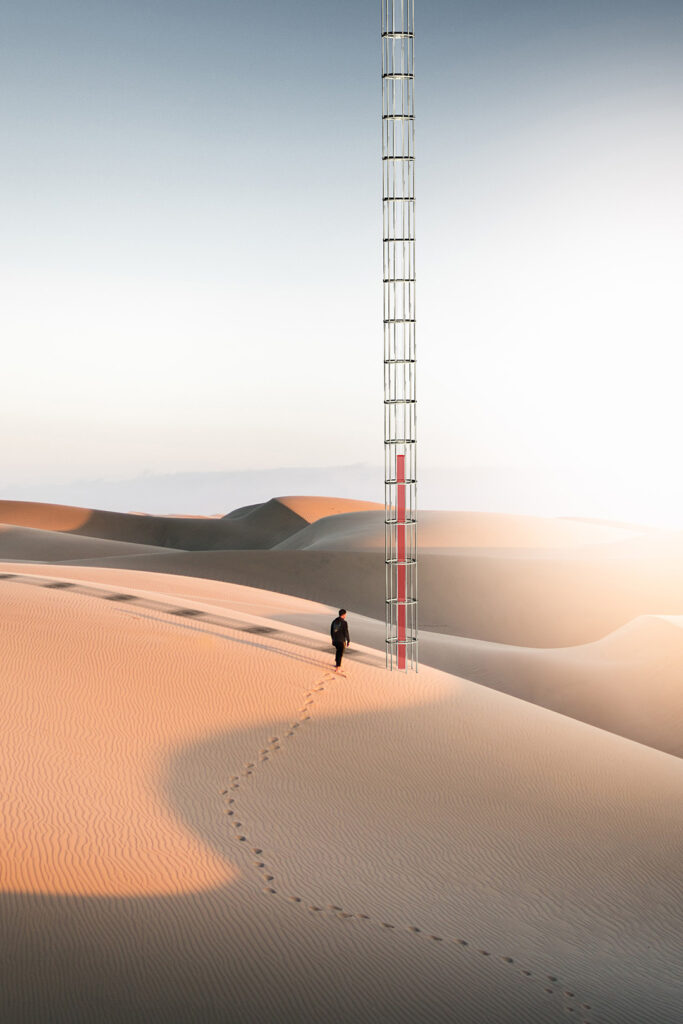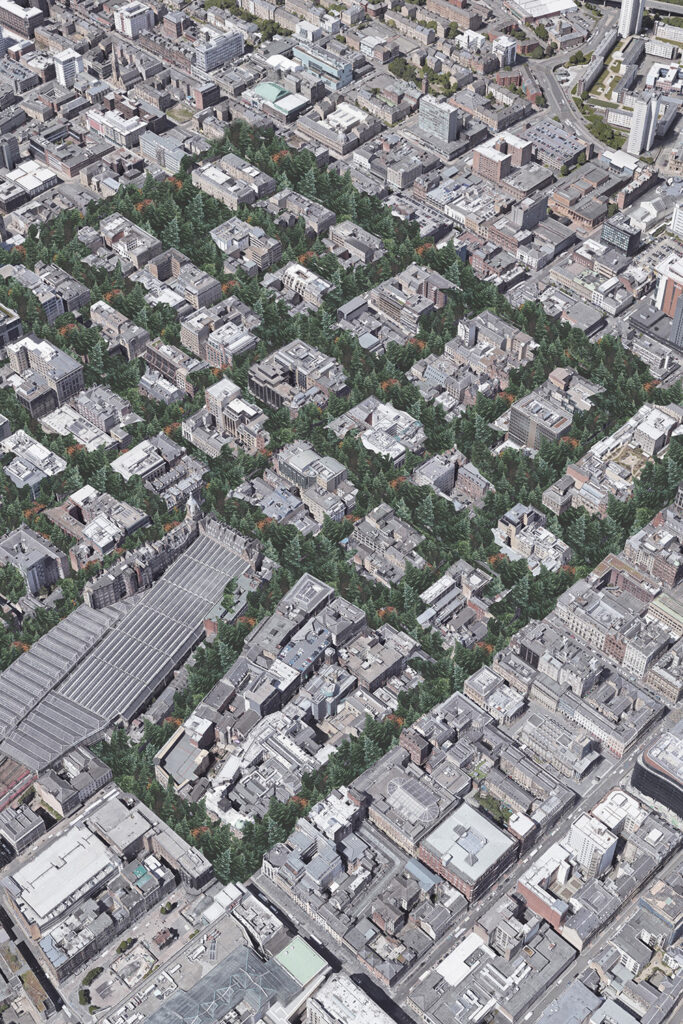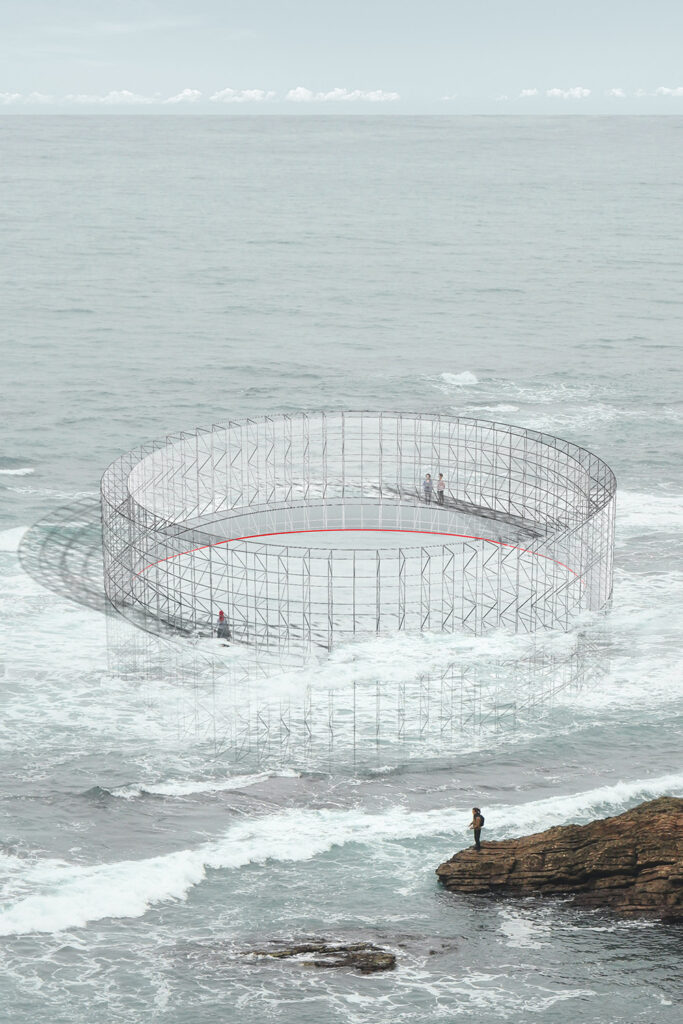A Visual Manifesto for the Reimagined Museum
In collaboration with Rosa Prichard.
Decolonising the Museum
Since its inception, the museum has been an exemplar of colonialism. We are beginning to address this in current discourse through the repatriation of artefacts, unrightfully extracted from source communities as exotic objects for the consumption of a viewer. However, in order to truly decolonise the museum, we need to radically decenter the visitor – shifting them from a position of power over and consumption of the artefact, to one of engaging with and actively perceiving it.
Colonialism is also apparent in our modern relationship to the Earth, where we see its resources and landscapes as commodities to be exploited for financial or personal gain. This attitude of consumption can be seen in the complacency with which we, in the modern Western world, travel, eat, shop, and live without acknowledging the dire implications of our actions for the planet.
In short, the dominant view has been a hedonistic one: the Earth is there for the pleasure of mankind. One could argue that it is exactly this anthropocentrism that has been the catalyst for the climate crisis. Thus the first step towards climate empowerment is to decenter ourselves, becoming more aware of our impact.
A New Manifesto
Traditionally, the museum is a place wherein we position artefacts from the world. This proposal seeks to turn this notion on its head, placing the museum itself into the world and presenting climate change as the artefact to be exhibited. Thus we propose a new manifesto:
The museum must preserve the past for the future, making tangible what cannot be experienced anymore and creating a monument to what is lost.
The museum must record the progress towards the goals of the climate agreement, making a spatial representation of our collaborative success.
The museum must decenter the visitor, renegotiating the relationship between the perceiving subject and perceived object, thus reframing mankind’s position in the natural world.

Temperature
An architectural instrument, whose shadow stretches endlessly across the dunes in the evening light. The red core rises and falls as a response to changes in global temperature.
Biodiversity
A transferal of power from man to nature. A transferal of value from monetary to planetary. ‘The Square Mile‘, used to describe London’s financial district, is reimagined as a Square Mile of central Glasgow, in which nature is encouraged to reclaim what have been taken by man.


Sea Level
The waves of the ocean crash ferociously against a foreign object. A huge, circular structure, transparent and inhabitable, stores the memory of the sea level of the past. All around it, the waters keep on rising, but inside, time is frozen in place.
